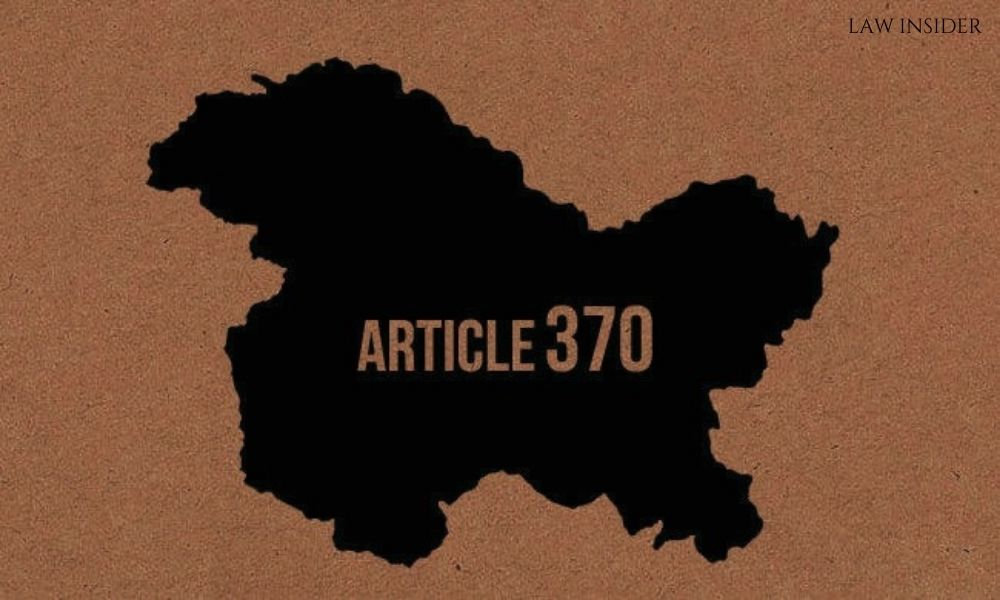Description

Copyright infringement not intended
Context: On August 5, 2019, the Indian government revoked the special status of Jammu and Kashmir (J&K) under Article 370 of the Constitution, and bifurcated the state into two union territories: Jammu and Kashmir, and Ladakh. This move was met with mixed reactions from different sections of society and sparked political upheaval in the region.
Details
- One of the most immediate consequences of the removal of Article 370 was the detention or restriction of movement of almost all major opposition leaders, including former chief ministers. The government justified this action as a preventive measure to maintain law and order and to prevent any violent protests or unrest.
- However, critics argued that this was a violation of democratic rights and civil liberties, and an attempt to silence dissenting voices. The leaders were gradually released after several months, but some of them still face charges under the Public Safety Act (PSA), which allows detention without trial for up to two years.

Timeline of Article 370
- Article 370 granted Jammu and Kashmir a unique status within the Indian constitution, allowing it to have its constitution, flag, and internal administration. This special status was aimed at recognizing the region's distinct identity.
- The state's constituent assembly was empowered to recommend the extent of the Indian constitution's application to Jammu and Kashmir. The 1954 Presidential Order was issued based on these recommendations, making specific provisions of the Indian constitution applicable to the state.
- On August 5, 2019, the Indian government issued a Presidential Order superseding the 1954 order and revoking Jammu and Kashmir's special status. This move was accompanied by the reorganization of the state into two union territories - Jammu and Kashmir, and Ladakh.
- The abrogation of Article 370 and the reorganization of the state led to significant changes in the region's governance, administration, and political landscape.
- The changes have had implications beyond domestic politics, affecting India's relationships with Pakistan and China, and raising international concerns.
- The government's decision faced legal challenges, with numerous petitions filed in the Supreme Court of India challenging the abrogation of Article 370. A five-judge bench was constituted to address these petitions.
Overall, the abrogation of Article 370 and the subsequent reorganization of Jammu and Kashmir into union territories marked a significant shift in the region's political and constitutional landscape, with far-reaching implications for India and its relations with neighbouring countries. The legal challenges and ongoing discussions underscore the complex nature of this issue.
Must Read Articles:
ARTICLE 370: https://www.iasgyan.in/daily-current-affairs/article-370
STATUS OF JAMMU AND KASHMIR: https://www.iasgyan.in/daily-current-affairs/status-of-jammu-and-kashmir
J&K REORGANISATION (AMENDMENT) BILL 2023: https://www.iasgyan.in/daily-current-affairs/jk-reorganisation-amendment-bill-2023
J&K REORGANISATION (AMENDMENT) BILL 2023: https://www.iasgyan.in/daily-current-affairs/jk-reorganisation-amendment-bill-2023
|
PRACTICE QUESTION
Q. What is the historical background of Jammu and Kashmir's special status under Article 370, and how has it influenced India's security and internal stability? Describe the government's actions in response to the challenges arising from this issue. Considering recent developments, what strategies could be adopted to ensure lasting peace and stability in the region?
|
.jpg)
https://indianexpress.com/article/explained/explained-politics/four-years-after-removal-of-art-370-political-changes-in-jk-8877207/










